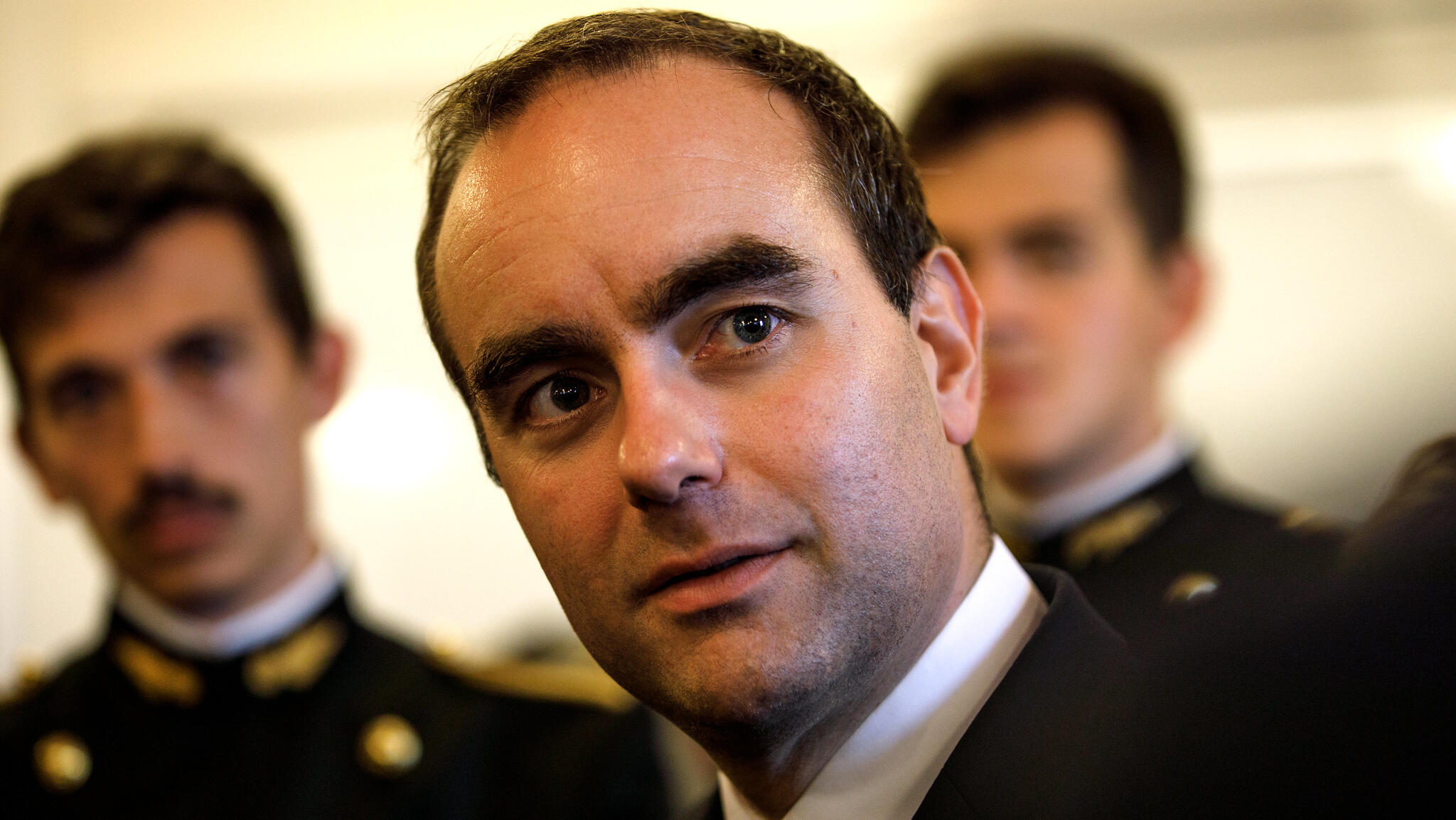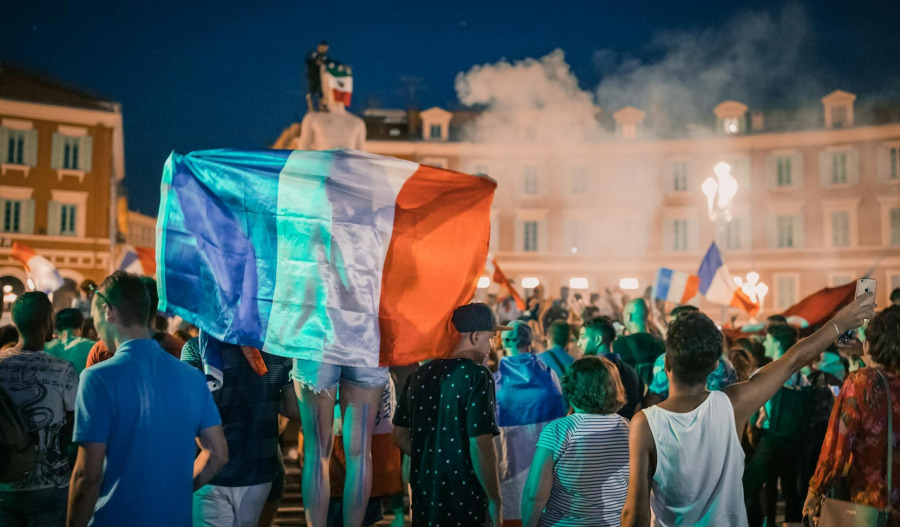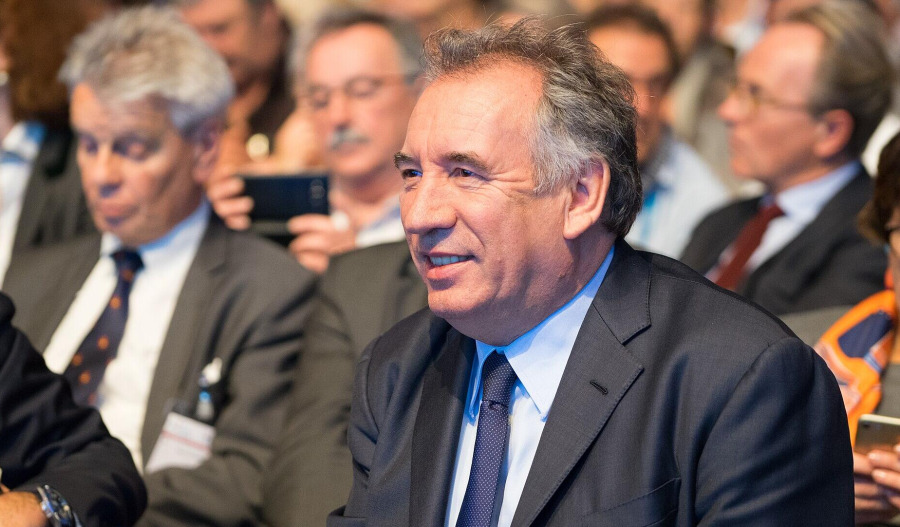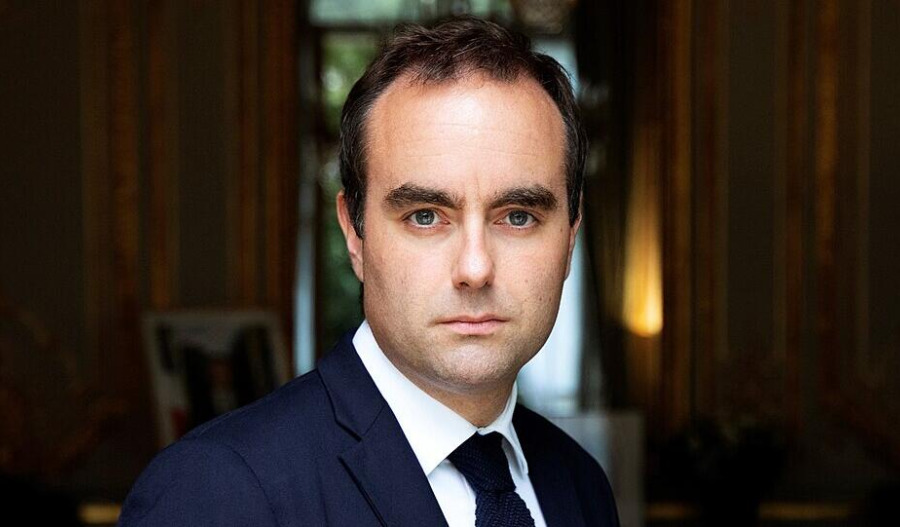Hundreds of thousands marched in trade union demonstrations in France, pressuring new Prime Minister Sébastien Lecornu to rethink budget cuts and act on wages, pensions and public services.
According to an Interior Ministry source, as many as 800,000 people were expected to take part in the strikes and protests.
As a result of the protests, there was disruption to public transport as train, bus and tram drivers went on strike. Nine out of 10 pharmacies were also closed, with pharmacists and hospital staff protesting against pricing policies.
Many primary and secondary school teachers, staff and students also joined the protests.
There were more than 250 demonstrations and marches in cities from Paris to Marseille, Nantes, Lyon and Montpellier.
“The anger is huge, and so is the determination – my message to Mr Lecornu today is this: it’s the streets that must decide the budget,” said Sophie Binet, head of the leftwing CGT union.
France faces mounting pressure to rein in its budget deficit, which widened to 5.8% of GDP in the past year. As much as Lacornu wants to reduce that number, he would be reliant on other parties to push through legislation.
Previous French Prime Minister, Fracois Bayrou, was ousted by parliament over his 44 billion euro budget squeeze.
While the new Prime Minister hasn’t said what he plans to do with these plans, he has signalled willingness to compromise.
Lacornu did say he would scrap his predecessor's plan to scrap two public holidays. However, protestors are concerned that other aspects of Bayrou’s budget cuts, like a freeze on most welfare spending, could be maintained.
Much of the anger was also aimed at President Emmanuel Macron, whose popularity has hit its lowest since taking office in 2017, while only having 18 months left in power.



